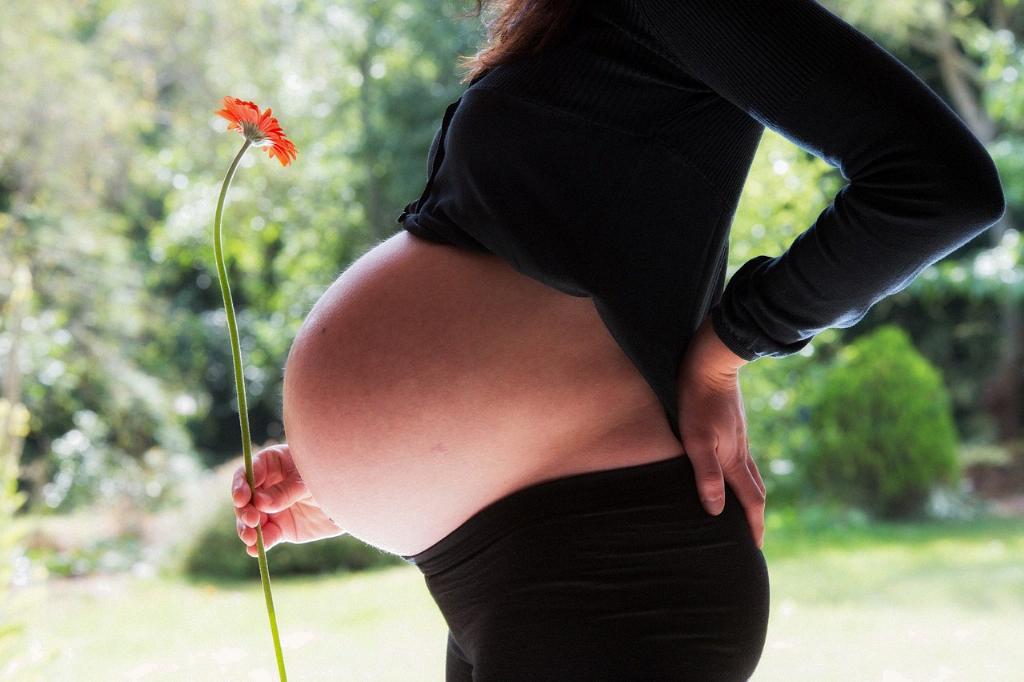Calculating your pregnancy period is an exciting and essential step in monitoring the development of your baby. With an average gestation period of 280 days or 40 weeks, knowing how to determine your due date can help you prepare for the arrival of your little one.
Step 1: Identify the First Day of Your Last Menstrual Period
The first step in calculating your pregnancy period is to pinpoint the first day of your last menstrual cycle. This date serves as the starting point for estimating when conception occurred and your due date.
Step 2: Count Back 3 Calendar Months
After determining the first day of your last period, you will need to count back three months on the calendar. This step helps establish a more accurate estimate of when fertilization likely took place.
Step 3: Add 7 Days and Adjust Year
Once you have counted back three months, add seven days to the date you have arrived at. This adjustment accounts for the additional days in a typical calendar week and helps refine your estimation further. Additionally, you may need to adjust the year if your calculation spans across two different years.
Consultation and Confirmation
It’s important to note that while these steps provide a general guideline for calculating your pregnancy period, consulting with a healthcare provider is crucial for confirmation and accurate dating of your pregnancy. Your doctor can perform ultrasounds and other tests to verify the gestational age of your baby.
Factors Affecting Pregnancy Period Calculation
Several factors can influence the accuracy of your pregnancy period calculation. For instance, irregular menstrual cycles, variations in ovulation timing, or fertility treatments may impact the estimated due date. Therefore, personalized guidance from a healthcare professional is key.
Monitoring Fetal Growth
As your pregnancy progresses, regular check-ups with your healthcare provider can help monitor the growth and development of your baby. Ultrasounds and measurements taken during these visits provide valuable insights into the health and well-being of your little one.
Anticipating Your Due Date
Calculating your pregnancy period not only helps anticipate your due date but also allows you to prepare for the upcoming arrival of your baby. From setting up the nursery to arranging for childcare, having an estimated timeframe can assist in planning for the big day.
Embracing the Journey
Each pregnancy is a unique and special experience, filled with anticipation, excitement, and joy. Embracing the journey of pregnancy, from calculating your due date to feeling those first kicks, can create cherished memories that last a lifetime.
Seeking Support and Guidance
During this transformative time in your life, it’s essential to surround yourself with a supportive network of family and friends. Seeking guidance from experienced mothers, joining prenatal classes, and accessing resources can help navigate the ups and downs of pregnancy.
Preparing for Parenthood
As you calculate your pregnancy period and prepare for the arrival of your little one, remember that parenthood is a journey filled with love, challenges, and growth. Embrace this new chapter in your life with openness, resilience, and a heart full of love.
Celebrating New Beginnings
As you embark on this incredible journey of pregnancy and parenthood, remember to celebrate each milestone, from the first ultrasound to the day your baby is born. Every moment is a precious gift, marking the beginning of a new chapter and a lifetime of love.

